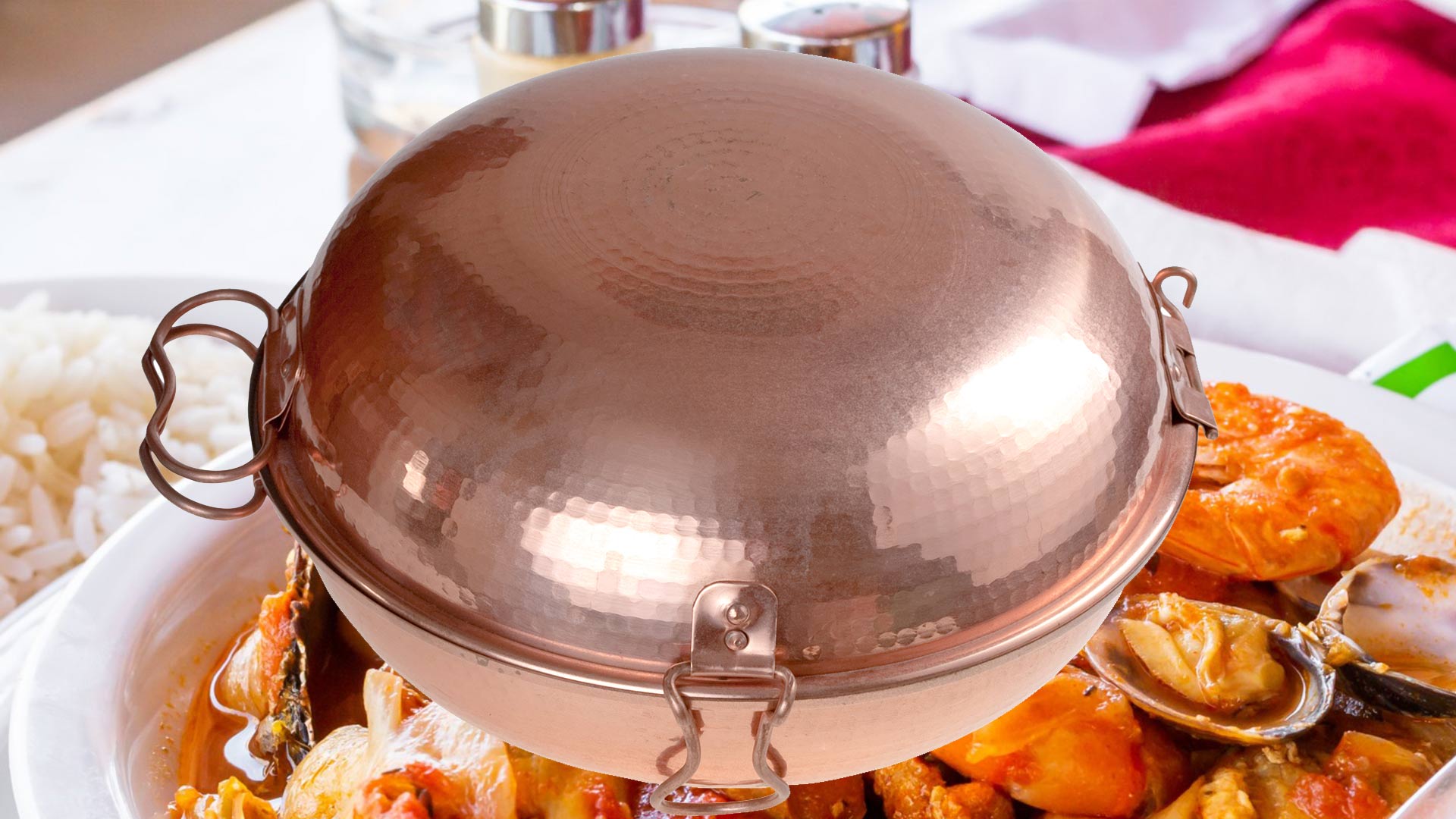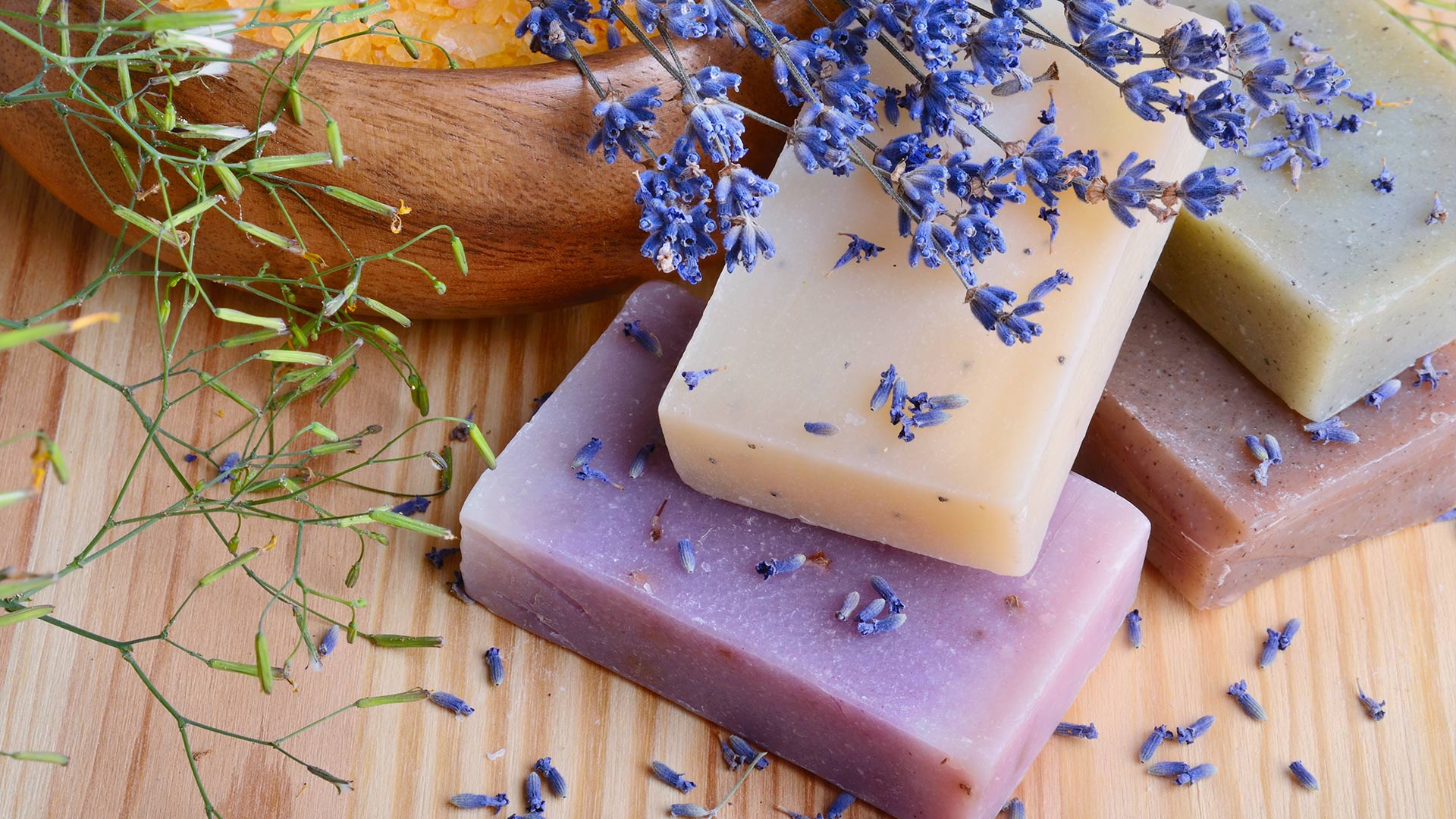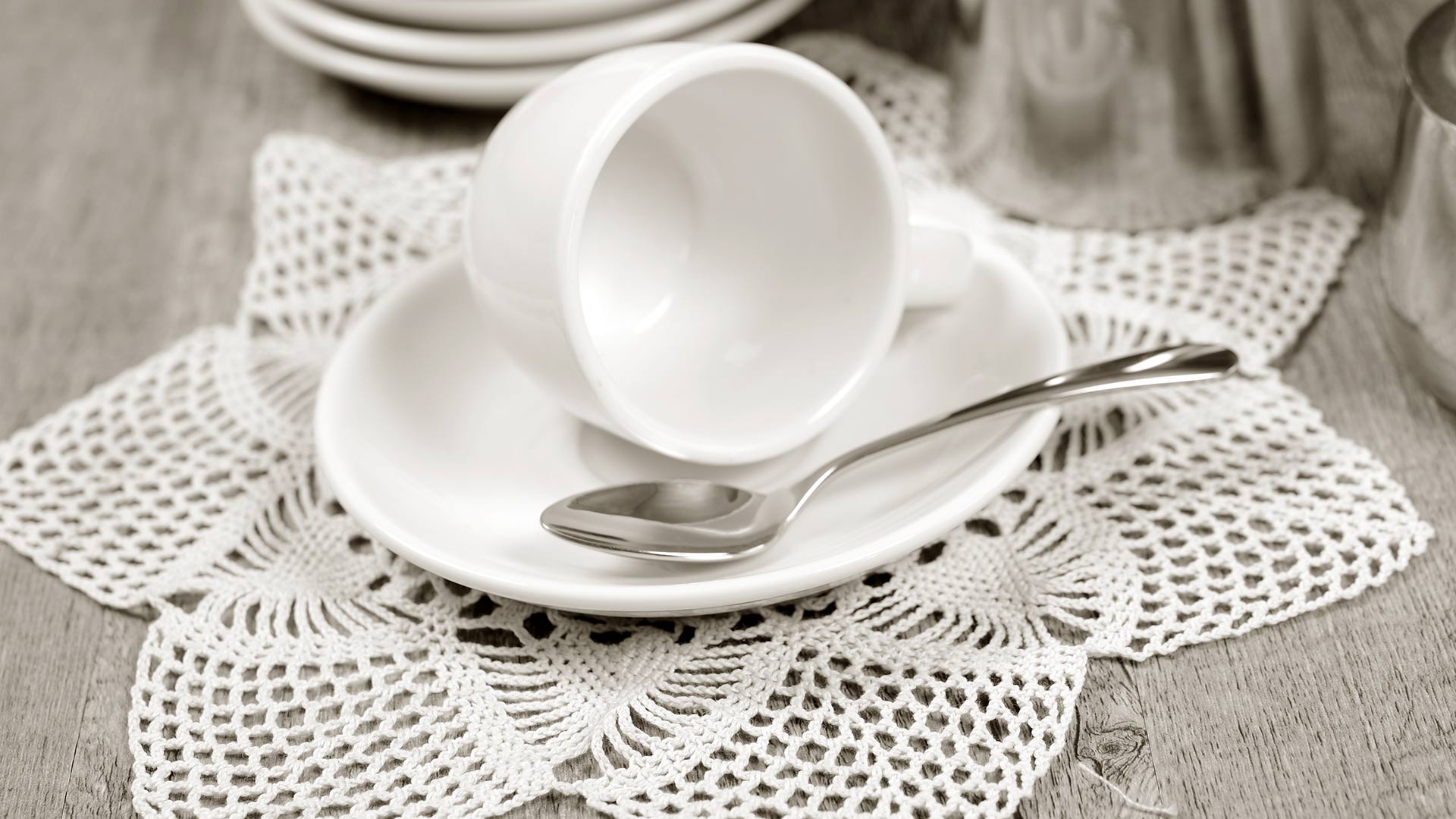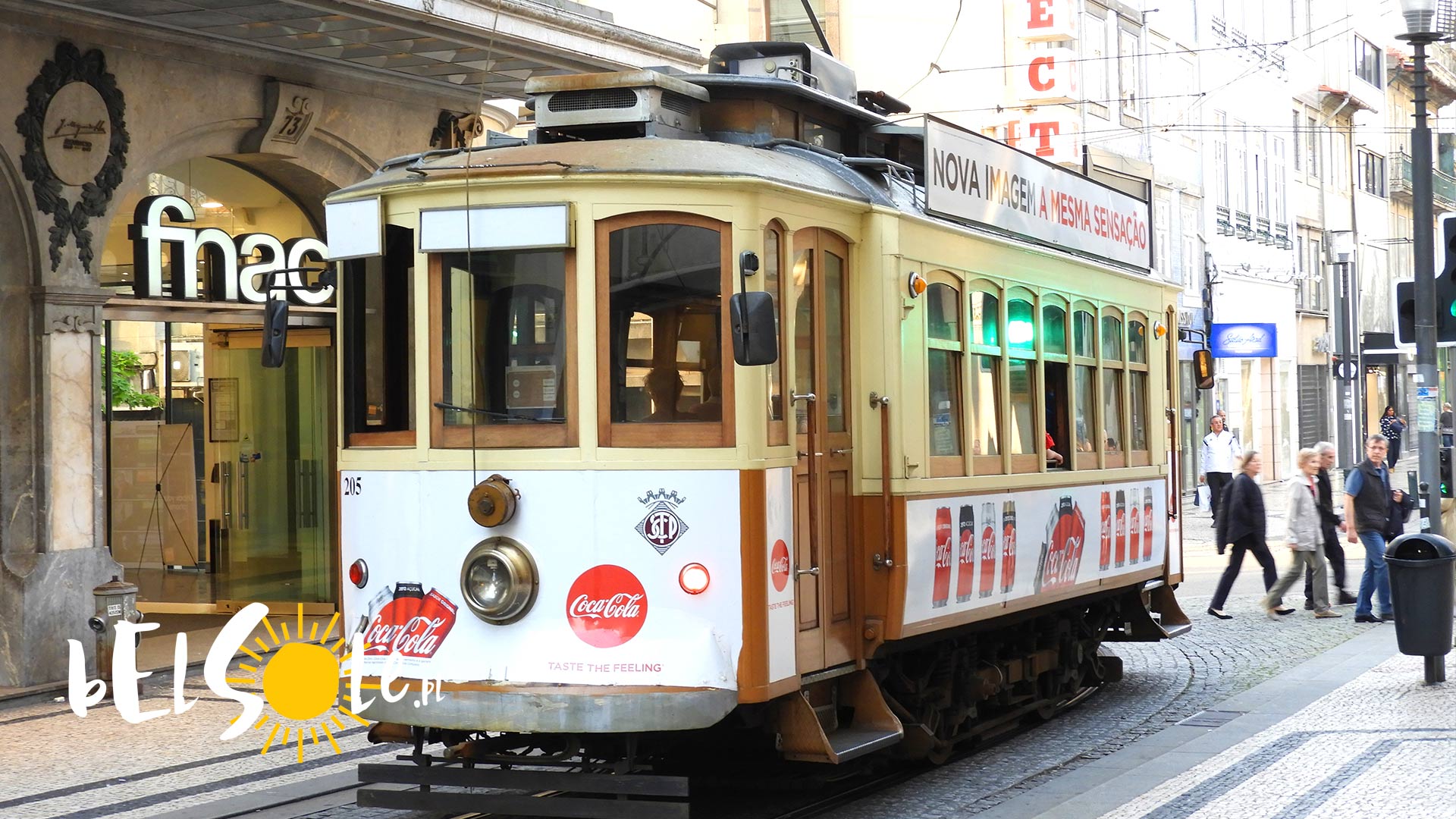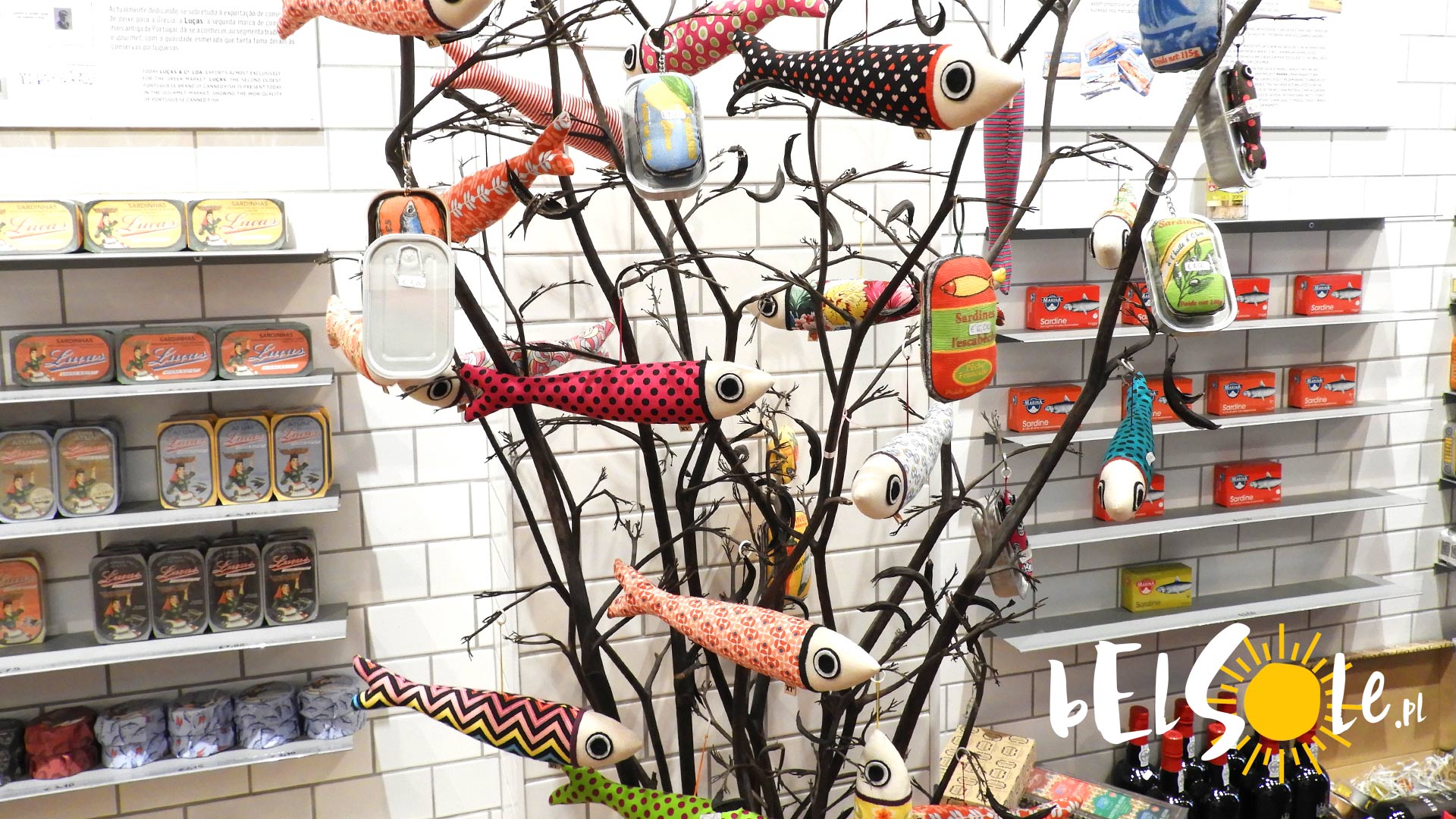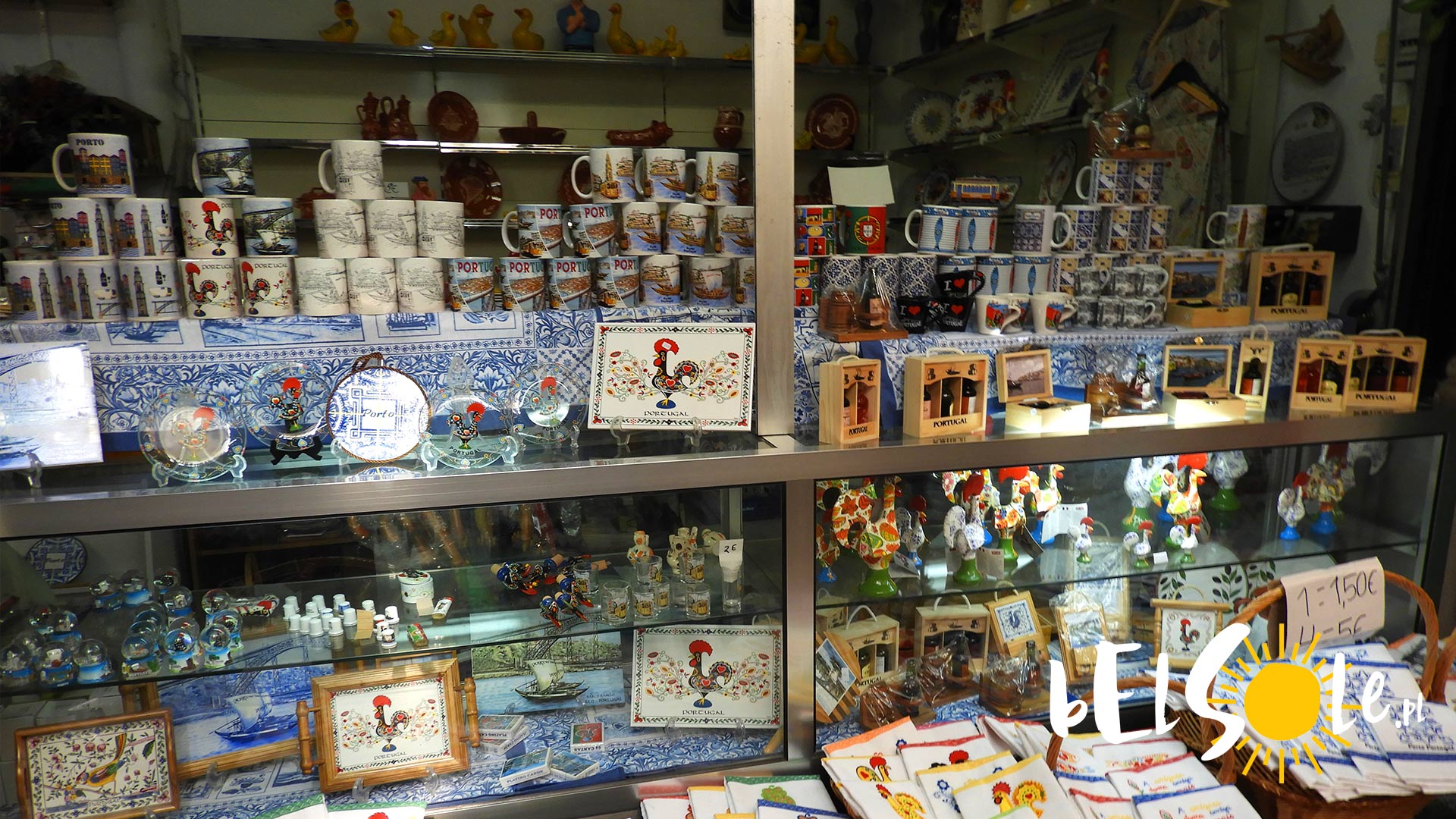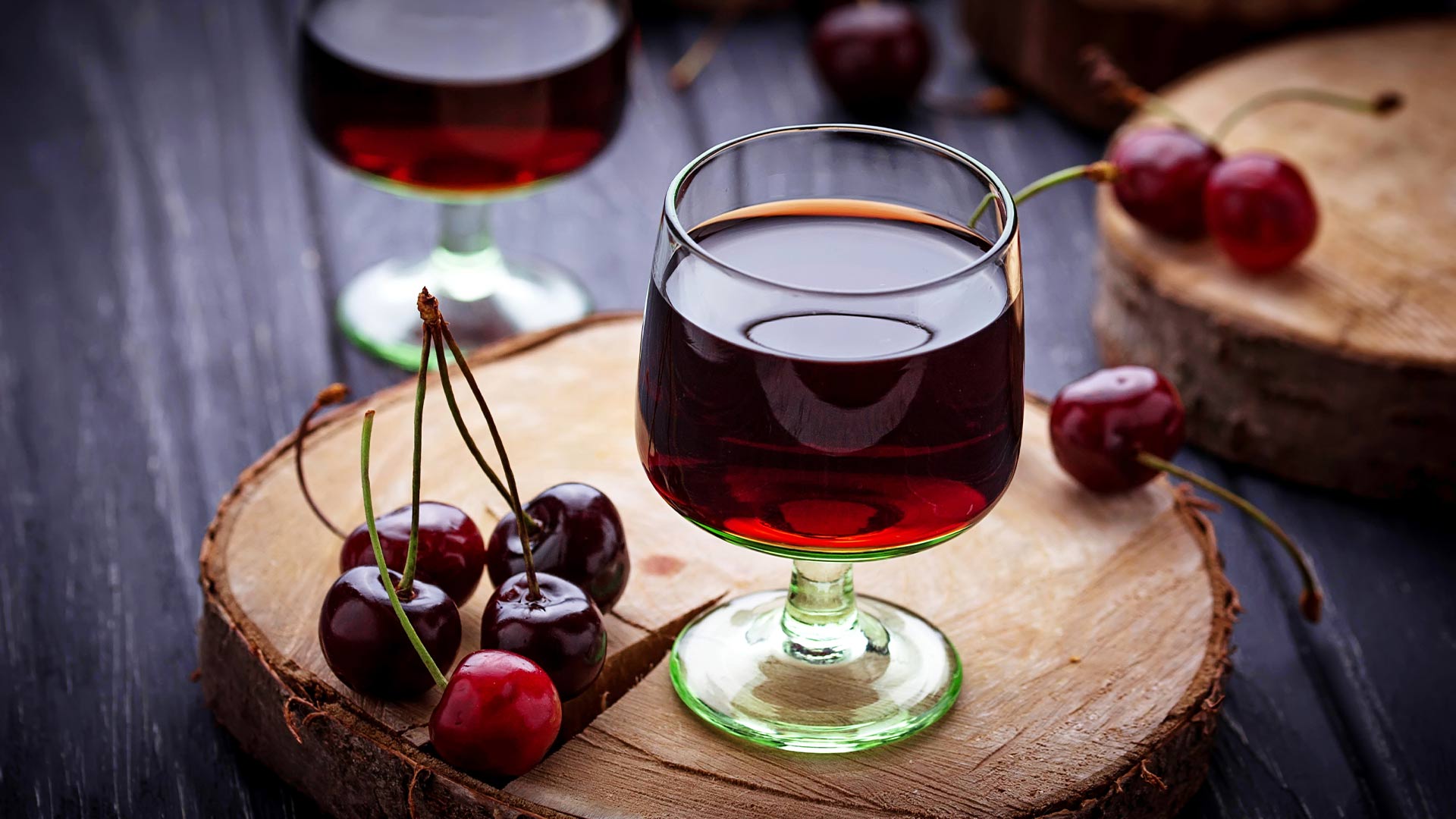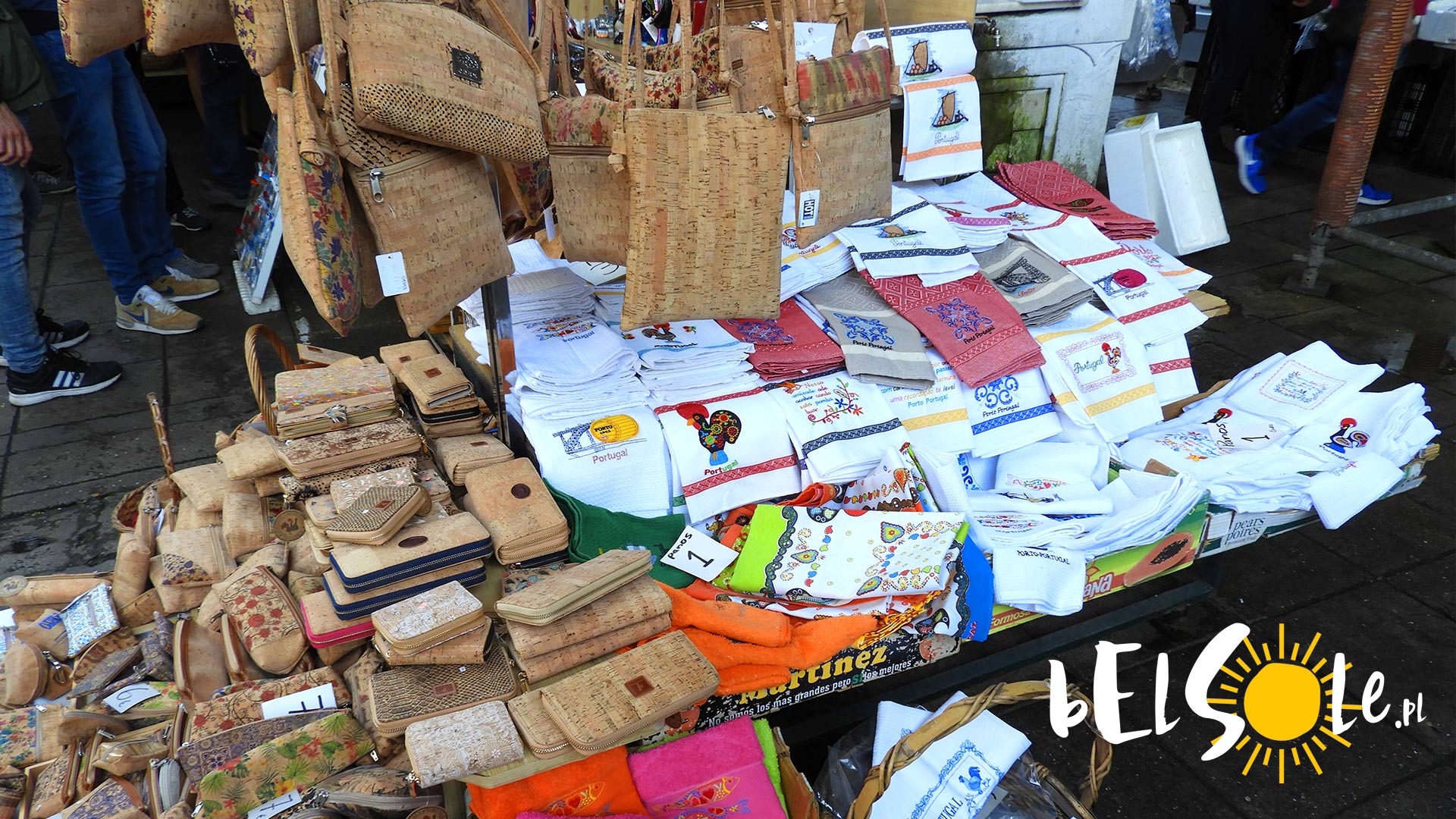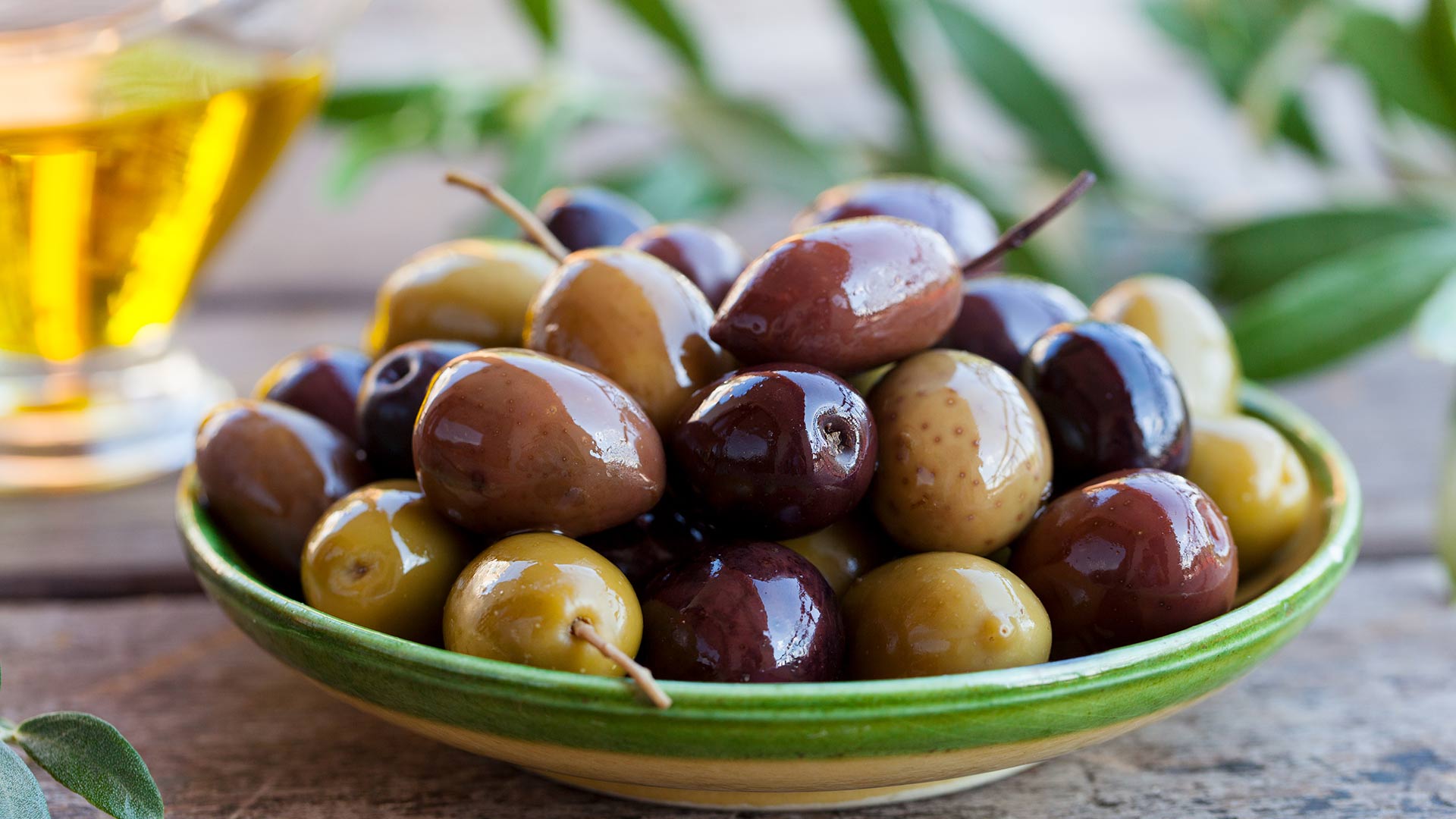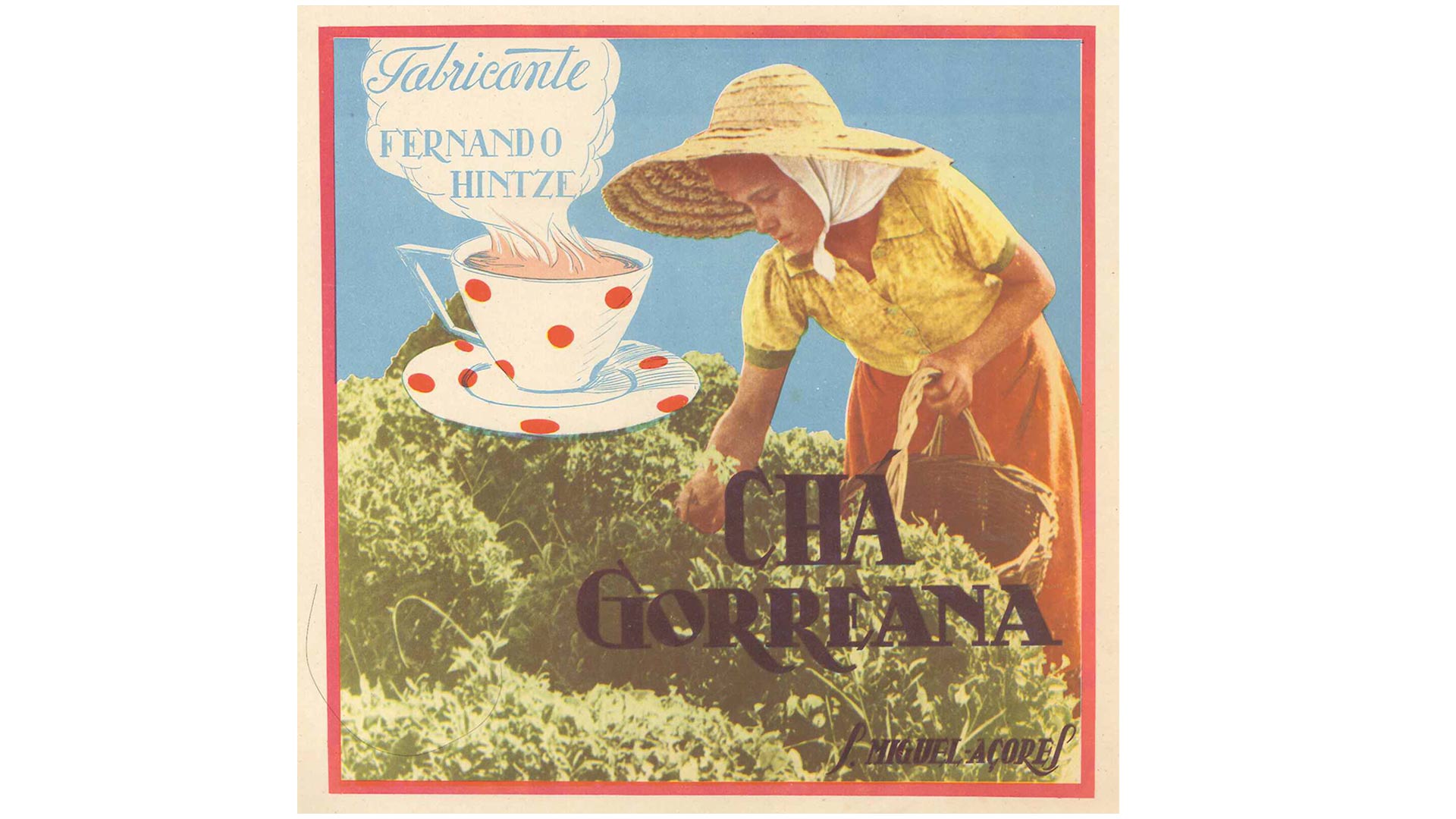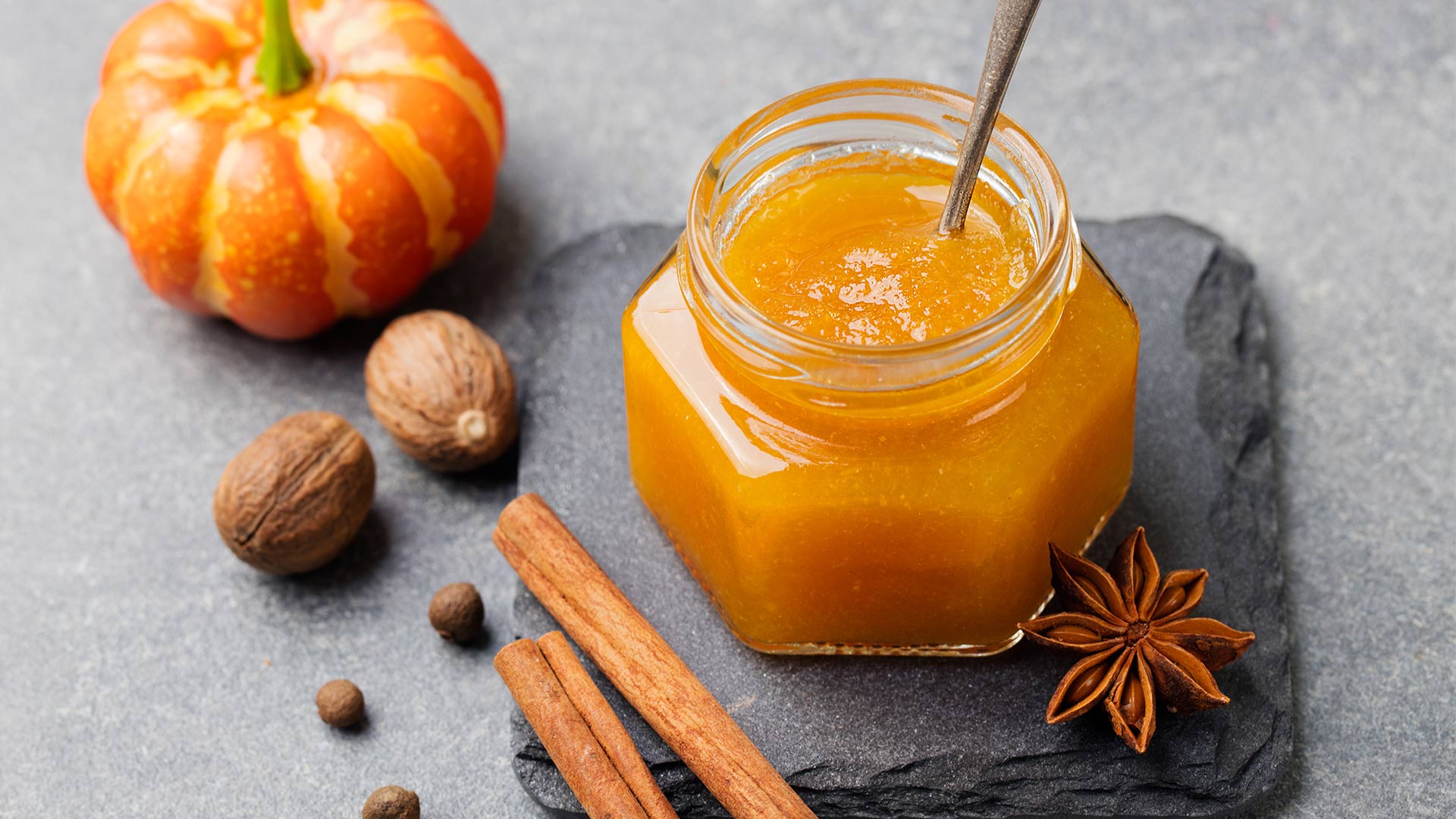Whether you’re going for a short trip or a longer holiday, chances are you’ll not return to Portugal right away. As such, to make the trip count, you should stock up on whatever you would like to bring back home on that very trip. But what would that be? What should you buy in Portugal? What souvenirs should you bring back home? We’ll try to help you with that today.
Cataplanas
This strange shell-like pan is used to prepare traditional meat and seafood dishes in Portugal. You can buy it in all the larger cities of Algarve, like Faro. It’s made of copper and has snaps on the side, achieving a similar effect to a Moroccan Tagine. It originates from the Moors, where Cataplana also means ship. Thanks to closed air circulation, it works like a pressure cooker, utilising steam in the cooking process.
The best Cataplanas are made of stainless steel and hammered copper. Some of the factories coat the pans with a special coating that prevents the material from tarnishing – such a coating should be removed before use.
How to wash the cataplana?
You should only use dedicated copper cleaner for cataplanas, preferably with a really massive bowl to fit the pan.
Azulejo tiles
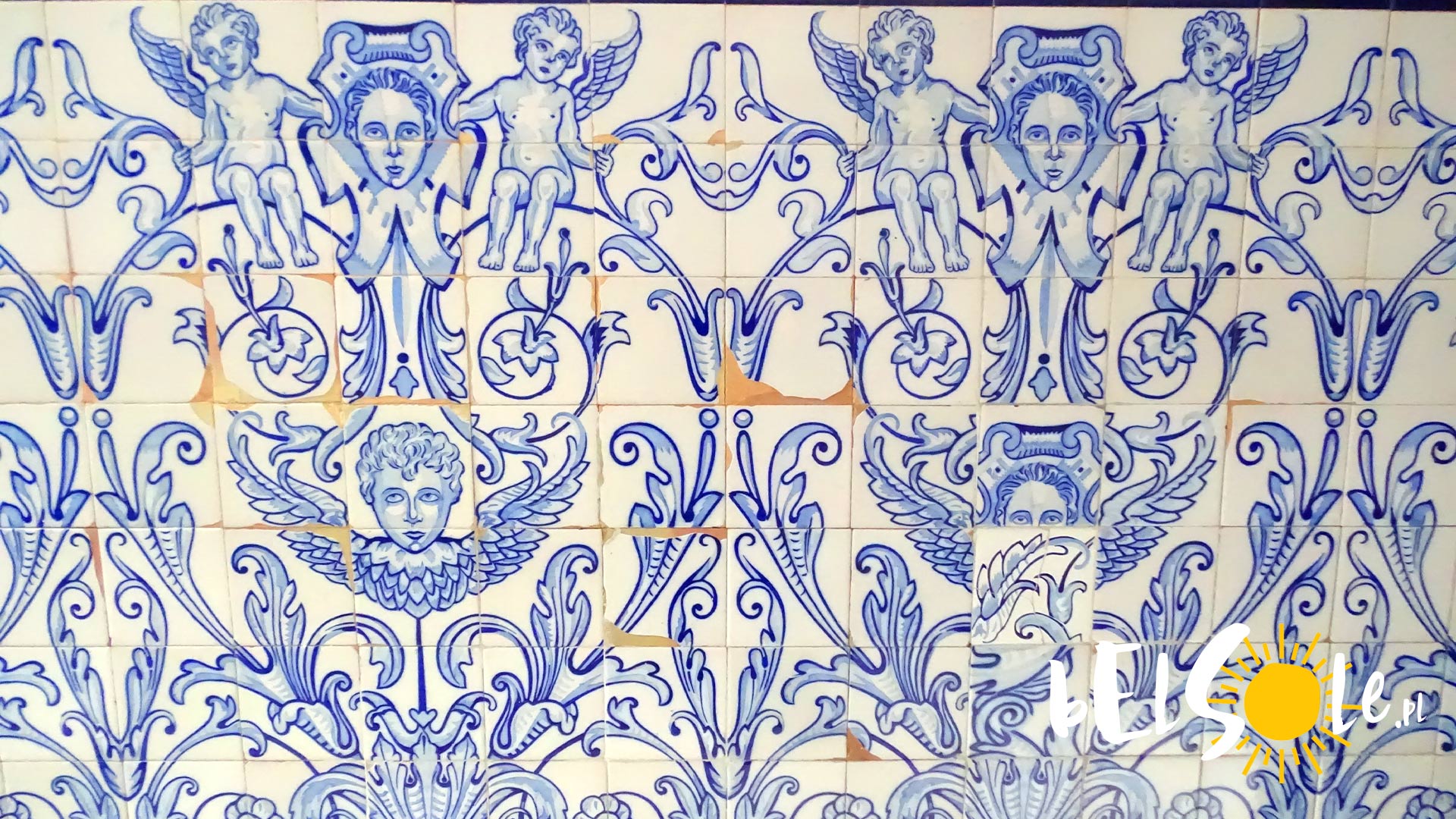
Azulejos are the famous blue and white ceramic tiles that originated in Portugal and Spain and are now an integral part of the aesthetic of Portugal. In larger cities (like Porto), you can find plenty of magnificent works of art reproducing scenes from Portuguese history or religious mythology made of these tiles. Azulejos are, of course, not just historical ceramics only to be found as monuments. You can totally buy yourself azulejo souvenirs, be it from general souvenir shops, stalls or even independent artisant still involved in the production. You can find azulejo coasters, earrings, key rings, etc. Check out the best azulejos in Porto for inspiration!
How much do Azulejo tiles from Portugal cost?
Handmade ones cost from €6 per tile, the most expensive ones can cost from €50 to €100 – €200 per tile.
Soaps from Castelbel
These famous luxury soaps are popular all over the world and can be bought in many places in both Lisbon and Porto. They’ve been produced locally for over 300 years from finest oils. Prices start at about €5 per bar of soap. You can choose from a variety of fragrances and additives to spice up your hand washing. Speaking of hygiene and safety in Portugal, check out whether you can drink tap water in Porto.
Medronho liqueur
Wyświetl ten post na Instagramie.
Medronho will mark the first proper beverage we propose for Portugal. It’s a fruit brandy created from arbutus berries. Be warned, though – the Medronhos in supermarkets are pretty mediocre. The best ones you can buy from farmers in the Algarve area. It’s a really unique local spirit that we certainly recommend you try. One thing to mention is that, because the locals make it without proper regulations, some may have over 50% alcohol. Some even call it firewater for well understood reasons, especially if the farmer decided to really spice up the taste.
The alcohol matures in barrels for eight years, no more, no less. The hardier Portuguese folk drink it with coffee at room temperature.
Where to buy Medronho?
Look mainly in Algarve in small villages like Loule, Almancil, etc.
Rooster of Barcelos
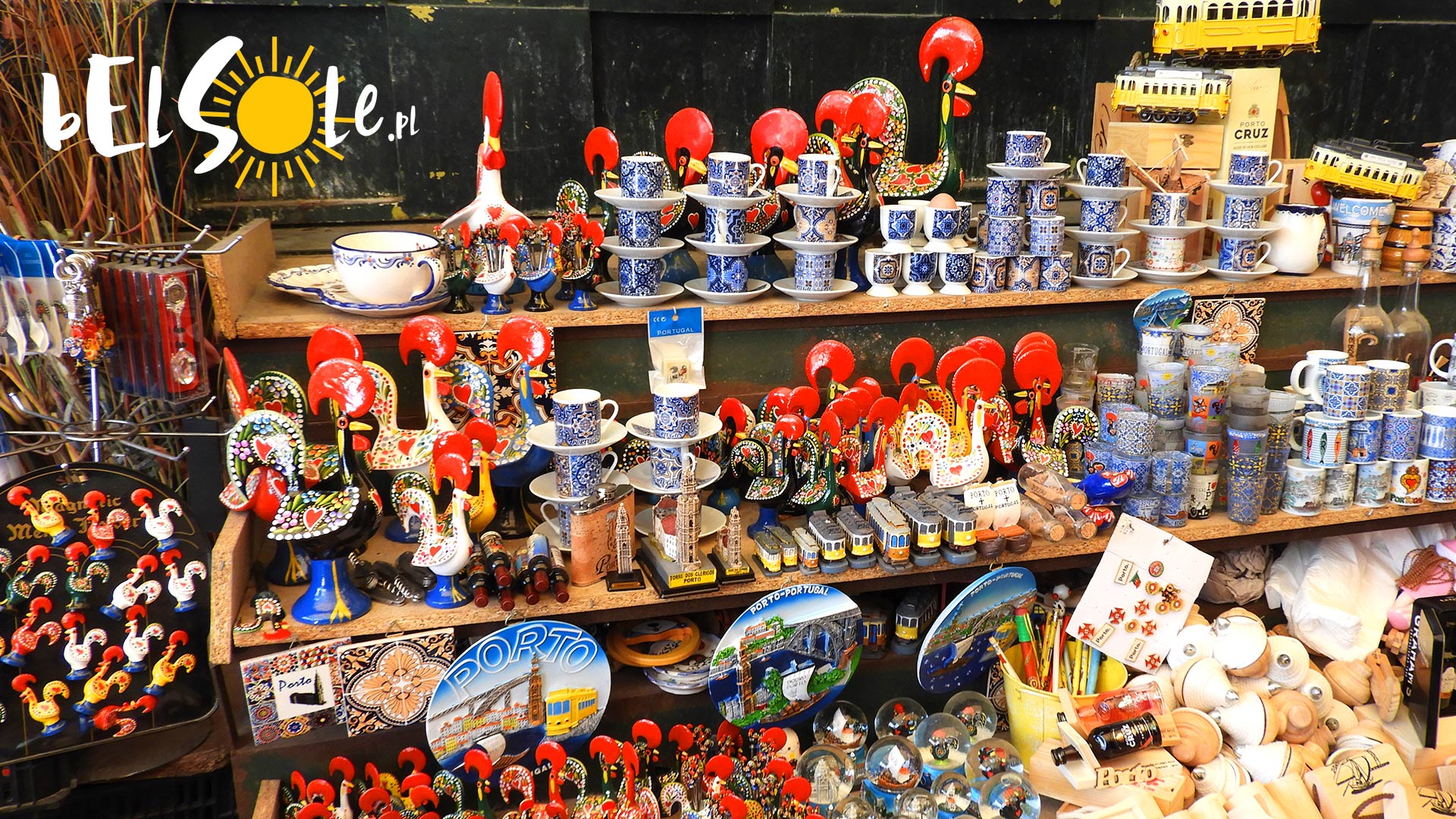
There’s a very high chance that you’re familiar with, at the very least, the aesthetic of the Rooster of Barcelos. If you’re not, then the image above should give you the gist. It’s one of Portugal’s shining symbols and a great cheap souvenir you can bring back home which will surely stand out from the crowd. Rooster vendors claim that the bigger the rooster, the luckier it is. Given that the bigger ones are invariably much more expensive, we’d argue that it’s quite possible that no, it’s just a marketing trick. Not the size of the boat but the motion of the ocean, lads.
The story of the Rooster of Barcelos
The Rooster of Barcelos actually springs from a folk tale about a rooster of a pilgrim who was wrongly sentenced to death in Barcelos. The gist is this: a lad in Barcelos was robbed and was looking for a thief. The pilgrim was passing by Barcelos, wrong place at a wrong time vibe, and became a suspect. After all, he could just ‘continue with his pilgrimage’ with the stolen goods. The pilgrim was arrested and condemned to hang, to which he only replied by asking to see the judge who made the decision.
The judge he met, and dropped the single boldest line in history:
It is as certain that I am innocent as that rooster will crow when they hang me.
Not a good charisma check to imply being hanged as part of your proposal, but there he went. In a spark of realism in a folk tale, the judge flat-out ignored him, though he left the chicken untouched. Sadly, as that would’ve been a real power-move to just eat the rooster in front of the pilgrim.
Anyway, as you can probably imagine, the pilgrim was… hanged? Wait, that’s not… and the rooster crowed. The judge, realising that he was indeed wrong, ran to the hanged man only to find out he didn’t actually die yet because the know was faulty. The pilgrim was freed and so the rooster became a thing. Everyone lived happily ever after and you, too, can now have a rooster that will act as a get-out-of-jail-free card for if you get condemned and sentenced to hanging. I mean, not that we’re hoping you do.
What to buy in Madeira? Embroidery
This is a traditional local product of Madeira, though you can also find these on the mainland. Prices can vary quite a bit depending on the size and artisan, ranging from €5 to as much as €200 and higher. You can buy embroidered tablecloths, baby quilts, covers, cushions, decorative items, towels and much more. Look for places marked with a local product guarantee to avoid falling for fakes.
Port wine
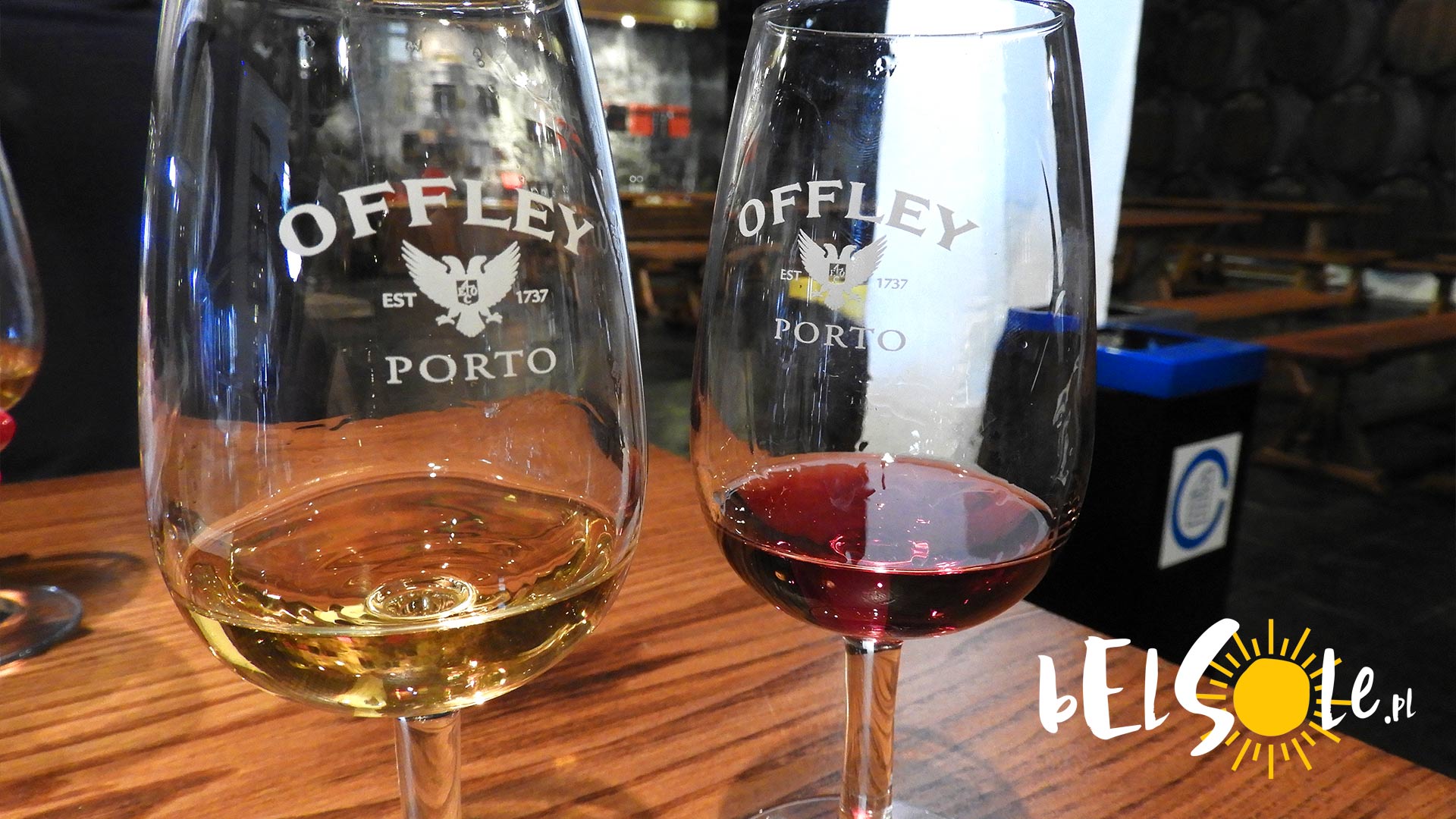
Porto is certainly commonly recognised as that large beautiful city with that one bridge in Portugal, though it’s just as likely that many of you recognise it as home to something else. The magnificent port wine, one of the most famous wines to be, produced right here, in Portugal. It’s a strong, fortified red wine produced in the vineyards in the neighbouring town of Vila Nova de Gaia. The wine achieves upwards of 20 percent after spirit is added to it during the process.
Cheaper varieties of port can be bought for a few euros while the more expensive varieties can reach absurdly unreachable prices. A few examples would be Port Ruby, Tawny and Dated Port. Vintage port wines tend to be the most expensive. If you’re visiting Porto, you should certainly pay a visit to the vineyards, where these fine wines are made. If you’re not yet convinced of going to Porto, you can still find relatively okay port at home, in your local Lidl for instance.
How much does Port cost in Portugal?
Cheapest Port costs around €5. €20 will get you a decent quality Port in a vineyard already. We’ll not utter the most expensive prices to keep you from stressing out.
Where to buy Port in Portugal?
If you are looking for the best Port, you will find it in Porto on the banks of the Douro River. Lots of excellent vineyards are also located upstream.
What to buy in Lisbon? Vintage toys
Another thing which looks great in pics and is a lot of fun is the classy vintage toys. These are mostly based on the real old cars and trams of Lisbon – you can choose from plastic or metal variants, and they come in a variety of sizes. Naturally, as quality goes up, the prices do so too. Small trams cost as little as €2-3. The larger boys? Up to €100.
Canned sardines
Even if you’re not an avid fan of fish products, we’d still recommend you take a look at the canned fish market in Portugal. You can find sardines prepared in all sorts of various ways here and in the most varied shops. A tin of sardines is a cheap product that lasts an age, so you can easily transport some back home. You’ve got plenty of flavours to choose from, though most often you’ll encounter tomato and oils with additives.
How much do sardines cost in Portugal?
Between €1 and €5 per tin, depending on the flavour and the fish.
Where to buy Sardines in Portugal?
You will find many shops on the main streets of Lisbon, Rua Augusta or Porto. Remember that quite often the really fancy brands are subject to diminishing returns in terms of how much better they are than the supermarket ones, and sometimes you won’t even really feel the difference.
Ceramics from Portugal
Azulejos are not the only ceramic product in Portugal that we’d recommend as a gift or a souvenir. Ceramics of all sorts are popular in Portugal, and they’re quite cheap at that. The usual suspects are jugs, mugs, cups and decorative plates. You can find all sorts of prices and qualities. You can buy them both as a decoration and as an actually useful piece of equipment in your kitchen. If you want to bring some back, be sure to pack bubble wraps with you to safeguard them for the journey.
Portuguese candles
Though not quite the yankee candle collection, Portuguese candles are incredibly varied in sizes, shapes and aromas. And they come a lot cheaper – prices start at a couple of euros. Though not as prestigious and fancy, they’ll still do the trick.
Ginjinha
Ginjinha is, alongside Port, one of the most famous Portuguese alcoholic beverages. We’d highly recommend bringing back a bottle of the traditional cherry brandy with you. It’s certainly not everyone’s favourite, as it’s made from sour cherries, but it’s a real hit in Portugal. A whole drinking culture has developed, with exclusive Ginjinha bars being a thing. In some establishments, it’s served in edible chocolate cups. You can also find it in souvenir shops. For the last few years, the fashion for cherry liqueurs has also spread in Poland and Ukraine where it is sold in the famous Pijana Wiśnia bars.
How much does Ginjinha cost?
You can buy a decent bottle for around €10.
Cork accessories
Though you may associate cork with being late for work, school or having a piling to-do list that never seems to get any smaller. Or those fancy boards for detectives to pin their mastermind connections. But you can also find various other products in Portugal made of cork. Examples are shoes, handbags, all sorts of accessories, coasters and even wallets or hats. Remember to make sure that the product is labelled as ‘made in Portugal’ so you don’t end up with a mass-produced low-quality fake.
Olive oil from Portugal
Where to buy olive oil? The best places are certainly Italy, Spain and, of course, Portugal. You’ll find the very best olive oils here. And, unusually, you can even find them at a lower price than you’d get at home. The only issue is bringing them back home with you without them shattering at the airport. We, once again, recommend packing plastic or more rigid bags and bubble wrap. You can also buy olive oil in metal cans which will be safer.
The most popular olive oils are:
Cartuxa Extra Virgin Oil,
Quinta de Vargellas Extra Virgin Olive Oil,
Quinta do Ataíde Extra Virgin Olive Oil,
Adega Mayor Extra Virgin Olive Oil,
Esporão Cordovil Extra Virgin Olive Oil,
Castello DAlba Extra Virgin Olive Oil and many others.
How much does oil cost in Portugal?
From €3 to €25 per bottle.
Queijo de Azeitão
Wyświetl ten post na Instagramie.
Another thing we’d highly recommend is the creamy cheeses from Portugal shaped like small discs. They’re produced in Azeitao, about 20 miles south of Lisbon. Their creamy texture is perfect for spreading them on bread and baguettes. Their flavour is extra delicate too. Plants are used instead of rennet, so it’s also fine for some vegetarians. It costs around €10 per disc.
What to buy in the Azores? The oldest tea in Europe
The oldest tea in Europe comes from San Miguel in Portugal, the Azores. It was produced as early as the 19th century, with the first factory being established in 1883 with the help of Chinese farmers from Macau.
Gorreana, which still produces tea today, is based in the Azores. Though don’t worry – you’ll still find their products in mainland Portugal. You can choose from many flavours and aromas, the most popular being Pekoe Black Tea, Orange Pekoe, Hysson Green Tea. You can buy them in leaves or bags; prices are not high as they start from €1 to €10 for a pack of Orange Pekoe.
Sweet jams, marmalades and honey
Though we may not think of Portugal as the place of jams and honeys instinctively, it has actually been quite famous for production of these sweet products for many years now, and they go perfectly with Portuguese bread. When buying, check the composition to make sure there’s as much fruit as possible – preferably a minimum of 65%. Of the interesting jams, we recommend Doce de Tomate tomato jam, Fig jam or Pumpkin jam. If you’re looking for honeys, you won’t be disappointed either – you can get many flavours, from floral to nutty.
Remember, you can keep small jars (up to 100 ml) in your hand luggage!
See also:



